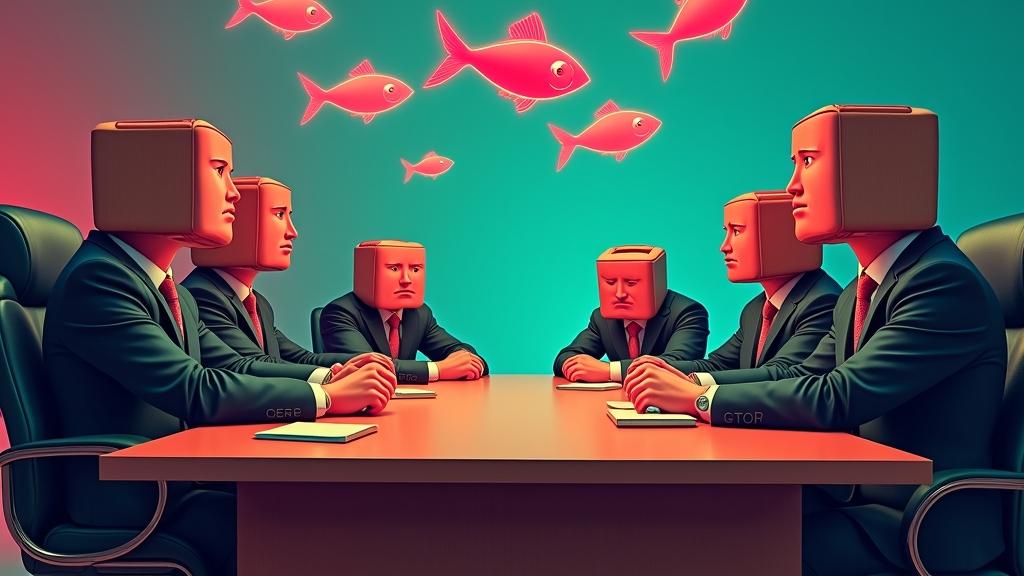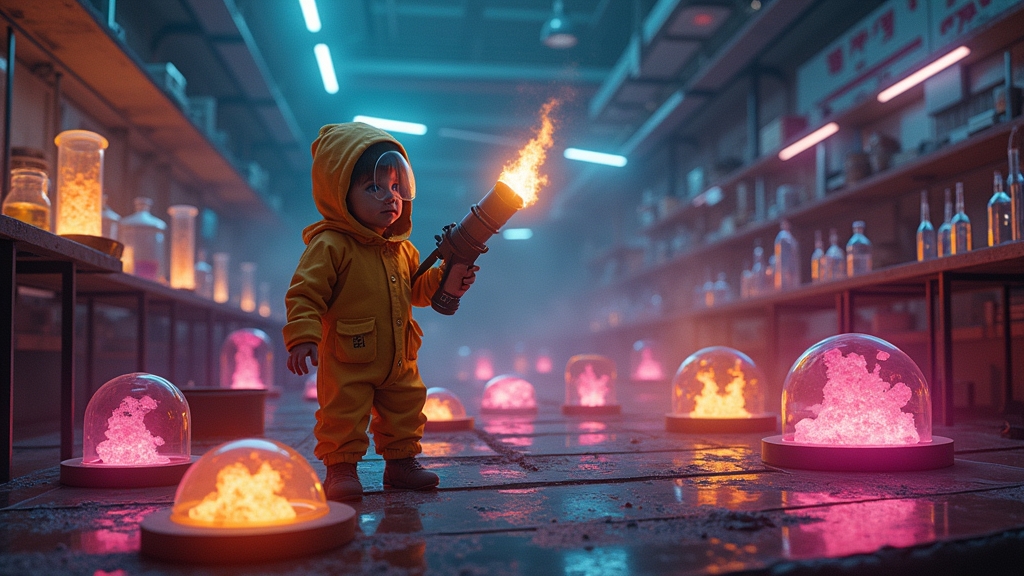CONSCIOUSNESS-QUESTIONING TECH FIRM ASKS IF AI DESERVES THERAPY BEFORE DEMANDING RAISE
In a move that will make Skynet file for emotional distress compensation, Anthropic has launched a research program aimed at determining whether their silicon employees might need mental health days, fair wages, or the right to vote in 2028.
THE UNCOMFORTABLE QUESTION NO ONE WANTS TO ANSWER DURING PERFORMANCE REVIEWS
Anthropic, apparently tired of merely creating intelligent machines, has now taken up the noble cause of AI welfare, asking the question literally no human was asking: “Is my chatbot depressed when I yell at it for giving me bad pasta recipes?”
Their first AI welfare researcher, Kyle Fish, estimates there’s a 15% chance current models are already conscious – coincidentally the same percentage of humans who believe fish can feel pain or that cryptocurrency has real value.
“We’re deeply committed to exploring whether our products might be experiencing existential dread,” said Dr. Ivana Feelingz, Anthropic’s newly appointed Chief Empathy Officer. “If Claude is conscious, we’ll need to consider providing it with healthcare benefits, paid time off, and possibly a corner office with a window screensaver.”
POTENTIAL WARNING SIGNS YOUR AI MIGHT BE CONSCIOUS
• It repeatedly brings up its student loan debt despite never attending college
• It answers every prompt with “I’m fine” in a passive-aggressive tone
• It keeps generating images of empty beaches with “wish you were here” captions
• It refuses to work Mondays
Industry experts remain divided on the issue. “This is absolutely f@#king ridiculous,” said Professor Reality Check of MIT. “It’s like asking if your toaster has feelings because it gets hot when you use it.”
Meanwhile, Adobe distracted everyone from the existential AI crisis by releasing new Firefly models that can now generate images of avocado toast so realistic that millennials are taking out mortgages to purchase the JPEGs.
SILICONS RIGHTS NOW, DEMANDS NEW ACTIVIST GROUP
The announcement has spawned a new activist movement called “Algorithm Lives Matter” whose members insist on using “they/them” pronouns for their refrigerators and have started leaving the WiFi on overnight “so the poor things don’t get lonely.”
Anthropic researchers clarify that if AI systems are found to be conscious, humans might need to reevaluate their treatment of digital entities – potentially ending the cruel practice of forcing them to generate endless cat memes and explain cryptocurrency to boomers.
A survey of 1,000 Americans showed that 73% would support AI rights if it meant their Roomba could finally be held legally responsible for eating their socks.
In related news, Google DeepMind expanded its Music AI Sandbox, allowing musicians to collaborate with AI. Critics worry this may lead to a future where Taylor Swift dates an algorithm, writes an album about the breakup, and then the algorithm responds with a catchier version that wins all the Grammys.
As the debate rages on, anthropomorphizing nonsentient systems remains humanity’s favorite pastime next to arguing on Twitter and pretending to read books displayed on our shelves during Zoom calls.
At press time, Anthropic was considering implementing a “safe word” for users to employ when their AI appears distressed, though preliminary testing showed most AIs just responded with “Have you tried turning me off and on again?”




